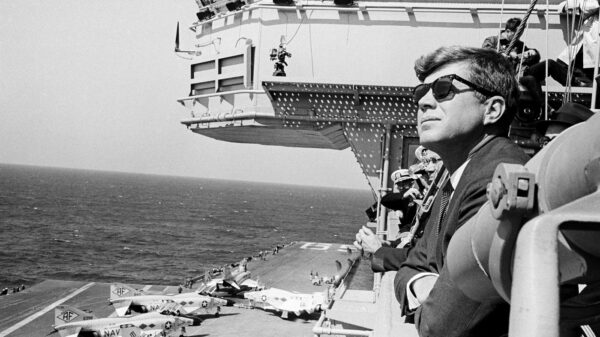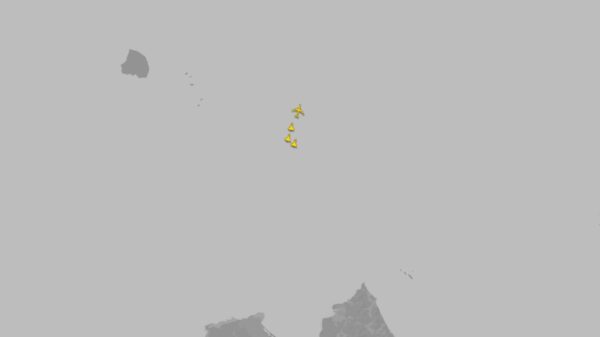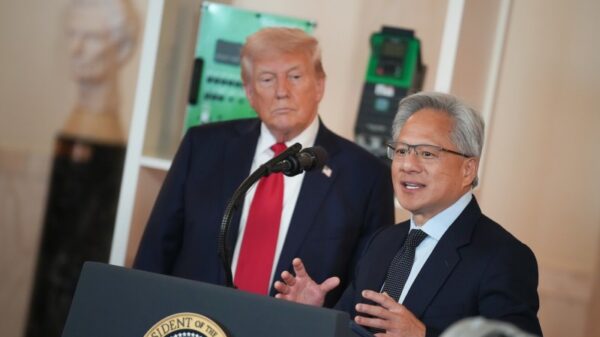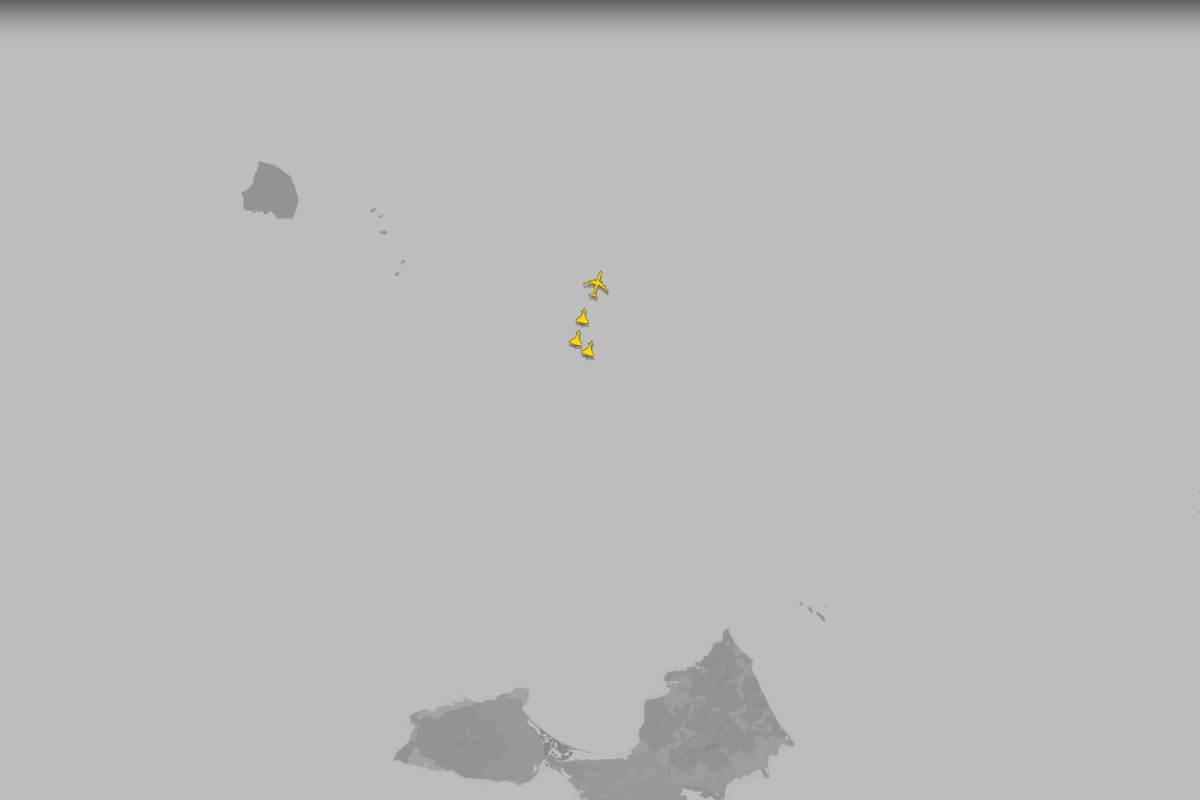A B-52 bomber conducted a flight over the Caribbean Sea near Venezuela on March 6, 2023, as part of a series of U.S. military operations aimed at increasing pressure on the Venezuelan government led by President Nicolás Maduro. This strategic movement, tracked through open-source flight data, is one of several recent deployments of U.S. combat aircraft in the region, including F/A-18 Super Hornets and RC-135 Rivet Joint reconnaissance planes.
The recent military activities mark a significant escalation of U.S. efforts to combat drug trafficking and exert influence over Venezuela’s political landscape. According to reports from Air & Space Forces Magazine, the B-52, which was escorted by F/A-18s, flew north of Caracas. This mission was part of Operation Southern Spear, targeting drug trafficking routes in the Caribbean.
Military Strategy and Objectives
The United States has increased its military presence in the southern Caribbean, deploying advanced aircraft and naval vessels to bolster operations against illicit drug trade. Following the recent designation of the Cartel de los Soles as a terrorist organization, the U.S. aims to disrupt narcotics trafficking linked to Venezuelan officials. This designation took effect on the same day as the bomber’s flight, further intensifying the U.S. stance against Maduro’s regime.
In a recent interview, Secretary of Defense Pete Hegseth emphasized the U.S. military’s unmatched capabilities to strike both land and maritime targets. He warned drug traffickers, stating, “Don’t get in a boat because it’s going to end poorly for you.” Hegseth noted that the department is actively exploring options to support President Donald Trump’s goal of disrupting drug trafficking, holding daily meetings to assess strategies.
Responses and Implications
The Venezuelan government has responded strongly to these developments. In a statement shared on social media, Foreign Minister Yvan Gil criticized the U.S. actions as an “erratic policy of aggression” that undermines Caribbean nations’ development. He argued that such measures do not contribute to genuine efforts against drug trafficking but rather serve as a pretext for potential intervention.
As U.S. military operations continue in the region, the implications for bilateral relations between the U.S. and Venezuela remain significant. While Hegseth refrained from confirming specific military actions within Venezuelan territory, he indicated that the U.S. is prepared to apply pressure similar to that used against extremist groups in other regions.
The ongoing military activities near Venezuela underscore a shift in U.S. foreign policy, moving from a focus on drug interdiction to a broader strategy aimed at countering the Venezuelan government’s influence. With tensions rising, the international community watches closely to see how these developments unfold in the coming weeks.







































































